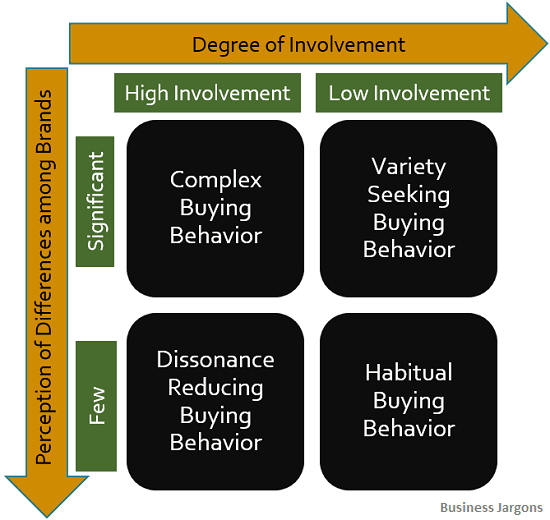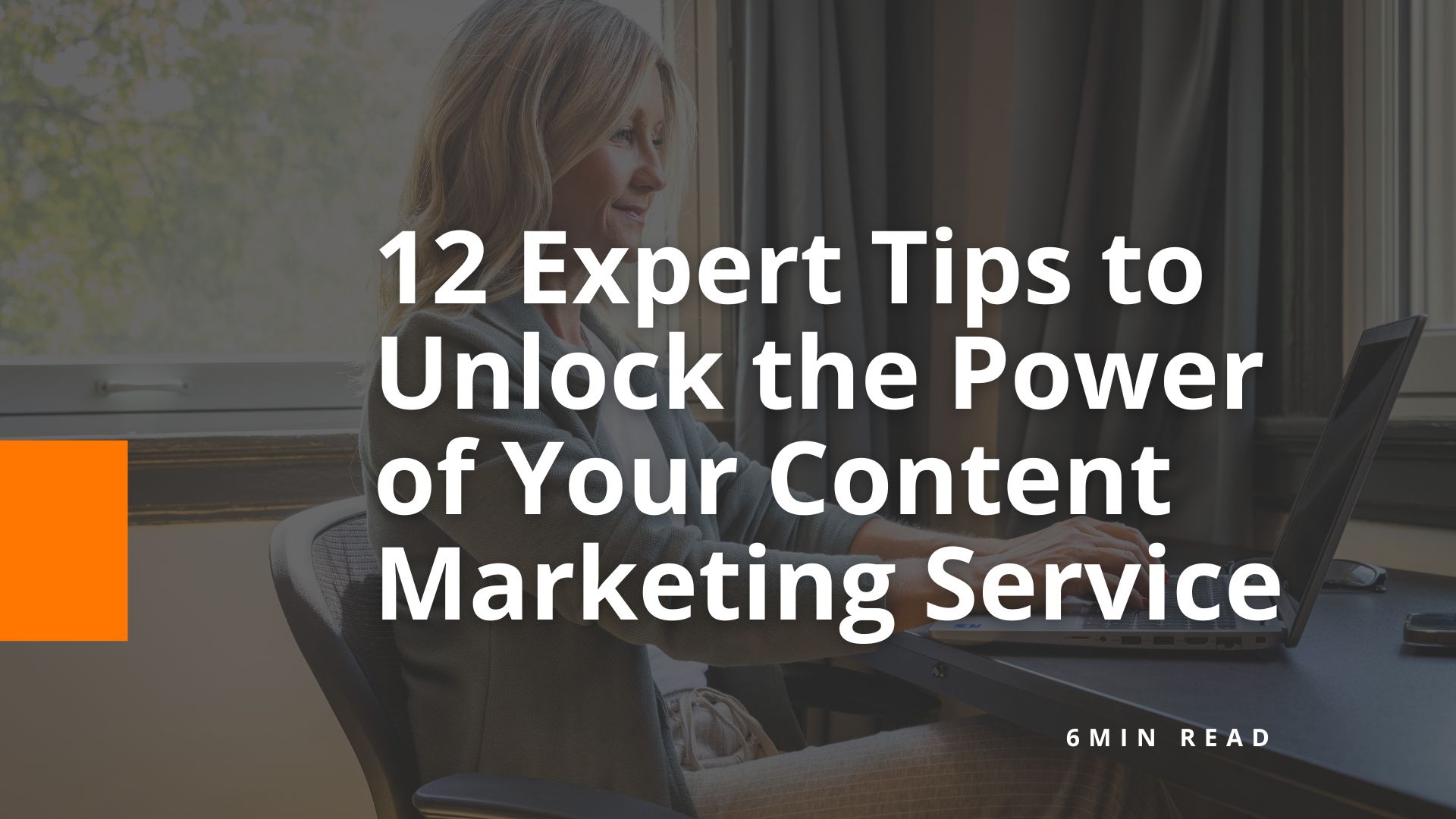How Prospective Customers Evaluate Manufacturers

Did you know that your next marketing breakthrough as a manufacturer could be hidden within the buying behaviors of prospective customers?
The Shift From Handshakes to Hyperlinks
In the manufacturing industry, understanding the nuances of buyer behavior is the key to unlocking successful digital marketing endeavors.
Long gone are the days of door-to-door sales; today, the digital market is where manufacturers seek solutions on how best to entice businesses into buying their products and services.
But how can you ensure your manufacturing company stands out in such a crowded marketplace? It all begins with decoding how prospective customers evaluate manufacturers.
Crafting a Tailored Experience
Today, a firm handshake is no longer what seals the deal. 70 percent of manufacturers seek out companies that craft a personalized customer experience.
This paradigm shift necessitates a digital marketing strategy tailored to the specific needs of your clients. From mastering SEO to orchestrating website traffic for manufacturing companies, every aspect of your digital campaign must align with buyer behavior.
What Is Buyer Behavior, Exactly?
Understanding buyer behavior requires a multifaceted exploration into the complex decision-making processes and actions prospective customers undertake when acquiring a product or service.
Unraveling the motives behind buyers’ choices provides invaluable clues to businesses that can shape the trajectory of effective marketing campaigns.
Examining the nuances of buyer behavior, including habits and preferences, equips advertisers with the foresight to predict emerging trends in marketing for manufacturing companies. With this knowledge, you can craft a strategic approach that not only adapts to evolving preferences but consistently delivers optimal results.
Various psychological, social, cultural, economic and personal factors impact buyer behavior and purchasing decisions. Still, they typically involve these five steps:
- Recognizing the need: The initial phase where the buyer acknowledges the existence of a problem or need, setting the stage for a proactive search for solutions.
- Searching for information: The buyer gathers comprehensive details on all viable options with a thorough information search.
- Weighing the pros and cons: At this critical juncture, the buyer meticulously evaluates the merits and drawbacks of each potential solution. It’s a thoughtful process of weighing alternatives.
- Choosing the ideal solution: Armed with a wealth of relevant information, the buyer arrives at a decision crossroads, opting to acquire the product that aligns best with their needs or judiciously delaying the purchase in anticipation of finding a better option.
- Assessing satisfaction and future intentions: Following the purchase, the buyer enters a reflective phase, assessing their satisfaction with the product and overall experience. This introspection guides decisions on whether to recommend the product or consider future engagements with the company.
The 4 Types of Buyer Behavior in Prospective Customers
As you learn how prospective customers evaluate manufacturers and make purchasing decisions, remember that the insights gained are not just tools; they are the building blocks of a successful and resonant digital marketing strategy.
In manufacturing, it’s important to understand all types of buyer behavior. Let’s explore the four distinctive types of buying behavior in prospective customers:
- Complex buying behavior: The meticulous decision-making process of buyers facing high psychological or economic risks.
- Dissonance-reducing buying behavior: The struggle of buyers torn between similar products, plagued by the concern of post-purchase regret.
- Habitual buying behavior: These buyers rely on past experiences, steering clear of extensive research.
- Variety-seeking buying behavior: Variety-seeking shoppers switch brands on a whim, driven by the desire for new experiences.

Analyzing the Patterns in Purchases, Products and Payments
Analyzing the buyer behavior patterns exhibited by your prospective customers provides a valuable lens through which you can gain profound insights into the preferences and motivations of your audience.
When crafting your marketing strategy, it’s crucial to take into account these three specific behavior patterns that can significantly influence the success of your campaigns:
- Past purchases: See what products your prospective customers have purchased in the past. This can provide clues about what kind of equipment might interest them, their general needs and what price point they’re willing to pay.
- Purchase frequency: Learn how often prospective customers make a purchase and when. This can provide clues about how often they’re in the market for your products and at what point in the year you should contact them with marketing information. When it comes to effective marketing, timing is everything. Knowing your customers’ purchase frequency can help you reach them with targeted messaging when they need it most.
- Payment method: Understanding how buyers pay for their purchases can tell a lot about their buyer persona. Discover whether your target audience prefers to shop in person or likes to pay online. If they want to open an account, there’s an opportunity for future purchases and upselling potential. A shopper’s preferred payment method can tell you a lot about their buyer behavior and reveal information about how to approach them for purchases.
Tailor Your Digital Marketing Strategy to the Needs of Prospective Customers
When it comes to marketing your manufacturing company, you have options: You can pay for advertising (a process known as “outbound” marketing) or you can bring prospective customers and clients right to you with an effective digital inbound marketing strategy.
At BigOrange Marketing, we can help you build a strategic roadmap to drive more quality leads through your sales pipeline and generate more revenue for your business. Our effective digital marketing strategies can help you get found, get results and deliver valuable insights to help shape your current and future campaigns. Contact us today.
Share the knowledge
Master Your 2025 Marketing Strategy With the OGSM Framework: Webinar Recap
Planning for an effective marketing strategy for 2025 can seem daunting, but the right framework makes it much more manageable. In our recent webinar, we…
Explore this TopicThe Big 7: Top MSP Marketing Agencies
If you’re like many MSP owners or company leaders, you may find that marketing tasks often fall to the bottom of your to-do list. If…
Explore this TopicNew Launch: StoryBrand Website for Consultants
When TechSolve, a Cincinnati-based manufacturing consulting firm, considered a website refresh, they wanted it to provide visitors with a clear vision of how they help…
Explore this Topic7 Takeaways From Our Webinar: Employee Stock Ownership Plans and Beyond
Our CEO, Margee Moore, recently hosted a webinar with Intrust IT’s CEO, Tim Rettig. Tim is an experienced leader in mergers and acquisitions and employee…
Explore this Topic8 MSP Marketing Materials You Didn’t Know You Needed
As a managed service provider (MSP), you’ve likely spent countless hours perfecting your service offerings and building strong relationships with clients. But have you ever…
Explore this Topic12 Tips for Getting the Most From Your Content Marketing Service
Marketing for your business shouldn’t feel like dragging rocks uphill. If you’re investing in a content marketing service, you want to ensure every effort counts…
Explore this TopicNew StoryBrand Site Launched for Hospitality Technology Consulting Company
When our long-term client, ATC, decided to expand their hospitality sector with a new brand — ATC Hospitality — they needed a website tailored to…
Explore this TopicLandscaper Marketing: Green Industry Statistics Tell the Story
In the U.S., the green industry includes much more than just “landscaping.” This thriving sector is built on passion, creativity and a lot of hard…
Explore this Topic









